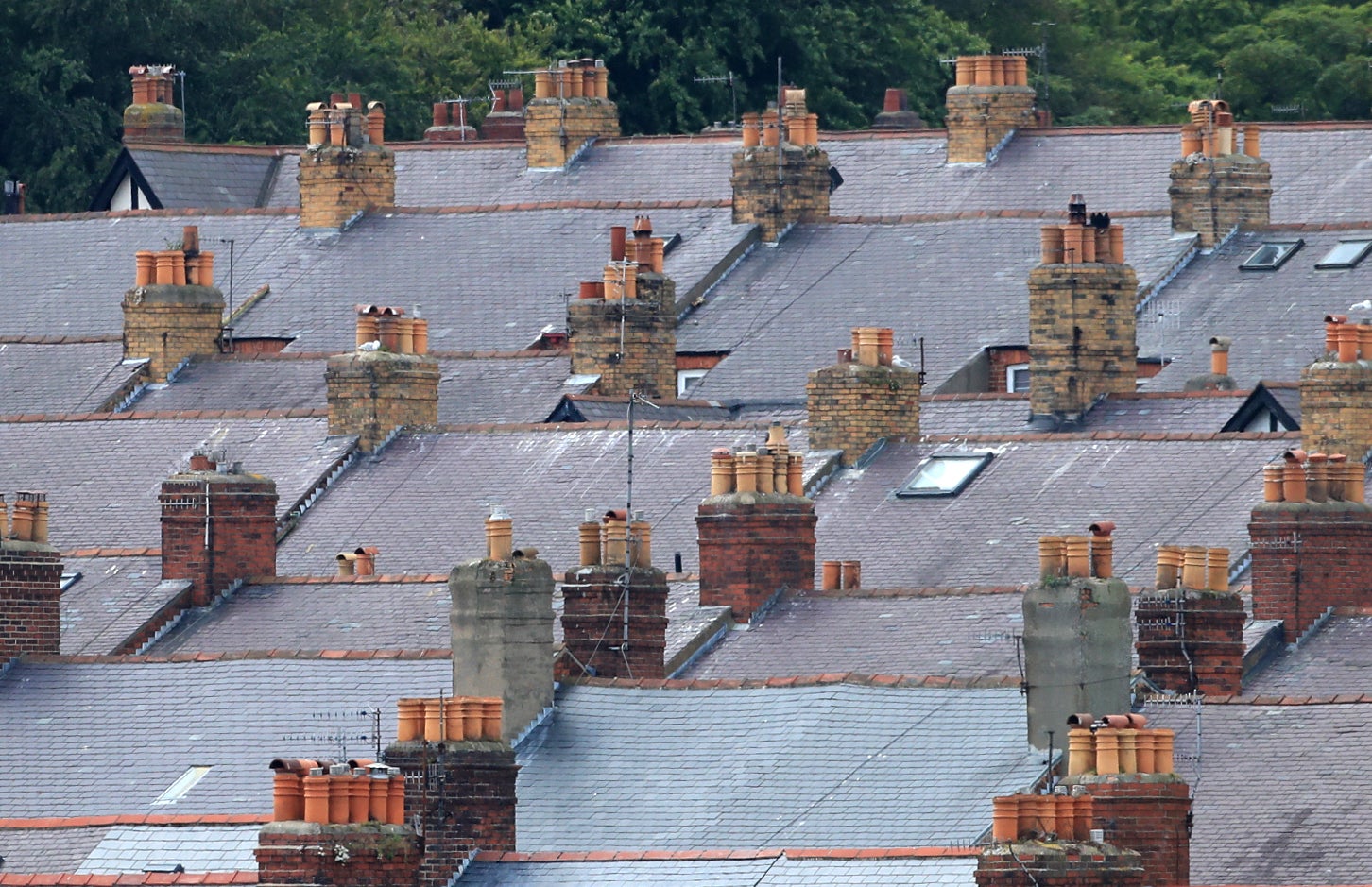Poor insulation will cost families £340 each under new price cap
Analysis from the Energy and Climate Change Intelligence Unit finds homes rated F will have about 50% higher gas bills
Your support helps us to tell the story
From reproductive rights to climate change to Big Tech, The Independent is on the ground when the story is developing. Whether it's investigating the financials of Elon Musk's pro-Trump PAC or producing our latest documentary, 'The A Word', which shines a light on the American women fighting for reproductive rights, we know how important it is to parse out the facts from the messaging.
At such a critical moment in US history, we need reporters on the ground. Your donation allows us to keep sending journalists to speak to both sides of the story.
The Independent is trusted by Americans across the entire political spectrum. And unlike many other quality news outlets, we choose not to lock Americans out of our reporting and analysis with paywalls. We believe quality journalism should be available to everyone, paid for by those who can afford it.
Your support makes all the difference.Poorly insulated homes will increase residents’ energy bills by about 50 per cent compared to properties that have met government targets, according to new research.
Analysis from the Energy and Climate Change Intelligence Unit (ECIU) found the average annual gas bill will be around £340 higher per year for homes with an energy performance certificate (EPC) score of F.
The findings were released on Monday as a new price cap comes into force, and involved assessments of some of the leakiest homes in the country, meaning the heat produced by gas boilers quickly escapes the building.
The extra cost is when compared to homes with EPC ratings of C, which are considered reasonably well-insulated. Even D-rated homes will face annual bills around 15 per cent higher, the research found.
ECIU energy analyst Jess Ralston said: “For millions living in cold, leaky homes, insulation is crucial for lowering bills.
“But with energy independence remaining a top concern for the public and politicians alongside the cost of living, insulation is now also key to reducing our demand for gas.

“Unless we start to use less gas, we’ll just have to import more from abroad as the North Sea continues its inevitable decline, regardless of new licences.”
The ECIU said that a little over a decade ago there were considerably more homes being insulated every year in the UK. There has been a 95 per cent drop in the number of insulation measures since the period before a raft of changes were made by then prime minister David Cameron. Laws passed under the coalition government to require every new-build home to have zero carbon emissions were scrapped by David Cameron’s administration soon after the Conservatives took sole control in 2015.
In September, current prime minister Rishi Sunak scrapped plans that would have forced private landlords to ensure their properties had a minimum level of insulation.
Ms Ralston said: “Government insulation schemes are not delivering at target levels and fixing them does not seem to be a priority, despite the bill and energy security benefits.
“The next government, whatever colour it is, rapidly needs to increase deployment of energy efficiency measures if it wants to gain energy independence and lower bills.”
A Department for Energy Security and Net Zero spokesperson said: “Nearly half of all homes in England now have an EPC rating of C or above, up from just 14 per cent in 2010.
“We have allocated £20bn for energy efficiency over this parliament and next – helping cut bills for those families who need it most.
“Our investment will raise insulation standards of around 500,00 homes across the UK.”
Join our commenting forum
Join thought-provoking conversations, follow other Independent readers and see their replies
Comments